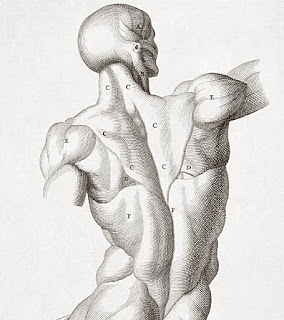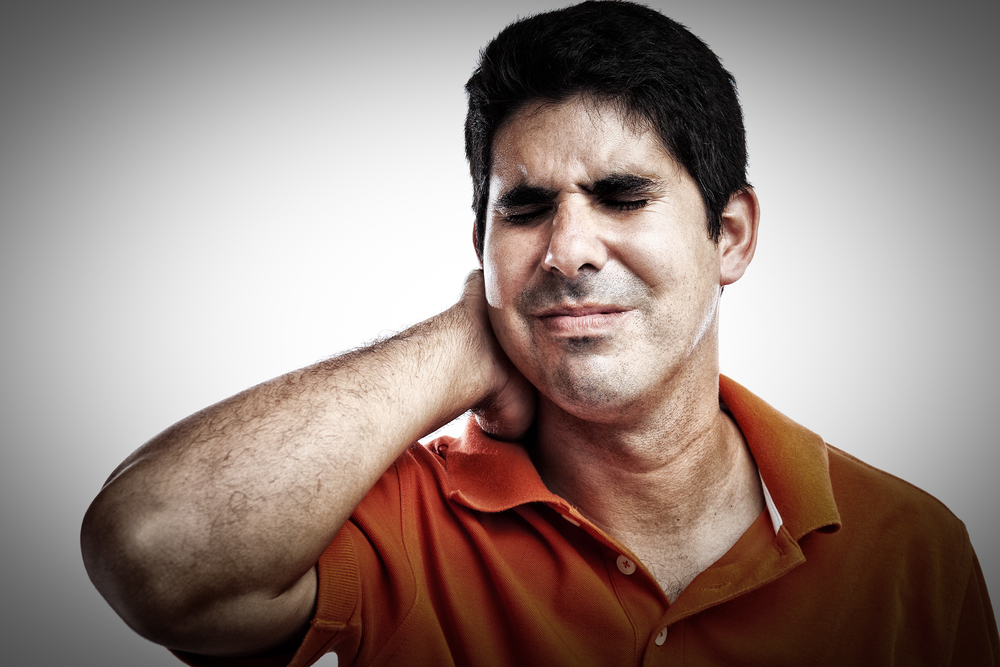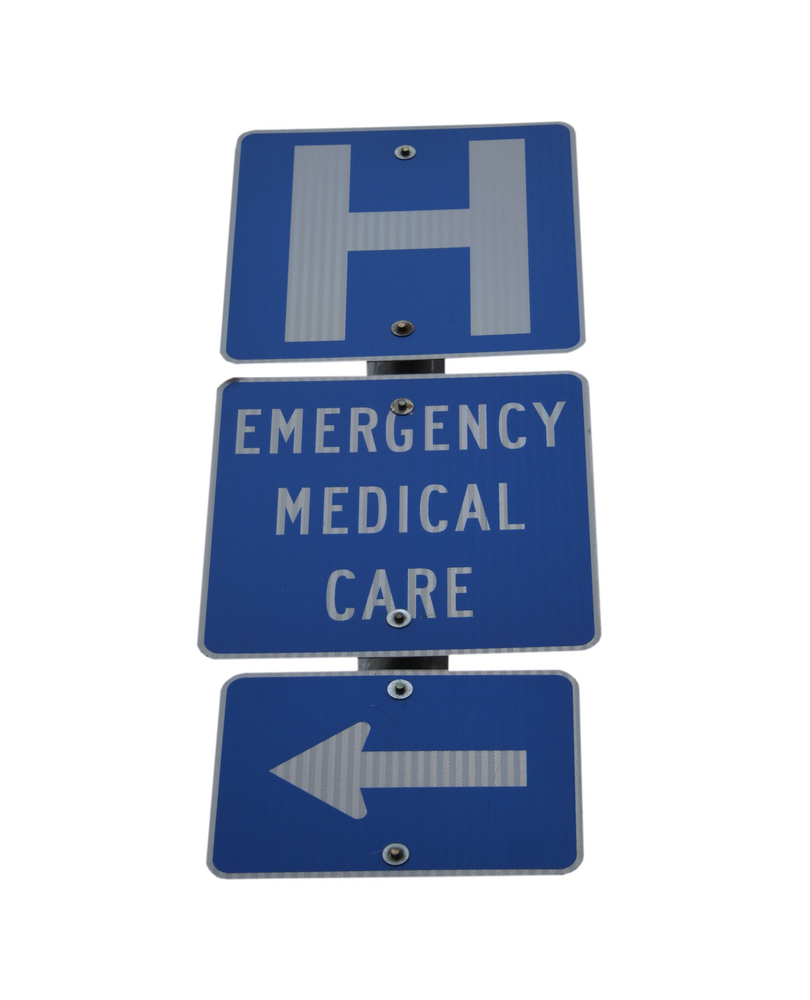Physical Medicine & Rehabilitation doctors are often called Physiatrists for short or PM&R docs for even shorter. They specialize in rehabilitation medicine which focuses on improving a patient’s functional ability and quality of life.
Patient’s who have disabilities from stroke or car accidents or worse may need help getting back to their baseline daily living. Physiatrists use medications, physical therapy, adaptive devices, orthotics, and electrodiagnostics.
These doctors work in private practice, academics, and in the hospital. They also have a pretty good lifestyle with mostly no call.
Physiatrists make a pretty good living.
The median expected salary is $200,339 dollars with most of the physicians making $1788,888 to $224,545. This range is actually only a little more than family medicine salaries. The maximum reported salary is $313,000 dollars.
Here are a few actual PM&R physicians and their salaries :
- Dr. Karen Jean Kowalske – $317,200
- Dr. Fatma Gul – $262,100
- Dr. Benjamin Nguyen – $164,800
To become a Physical Medicine and Rehabilitation Doctor, you must complete four years of training. Three years is dedicated to PM&R but the first year is a tossup to one of a few specialties. It depends on the program but it’s possible to do your first year of residency in any one of these specialties before going into Physical Medicine :
- Internal Medicine
- Surgery
- Pediatrics
- Preliminary/Transitional
After you’ve done residency, PM&R doctors can subspecialize in sports medicine, pain management, or pediatrics physical medicine. Right now, there are only 77 residency programs offering training in this field. That’s not as much as other specialties so the competition may be tough.
Physiatrists have a great lifestyle. Their residency has no call, repeat NO CALL**. And that translates into the real world too. Their salary is more than primary care but less than many specialist fields.
Let’s not forget the patients. It’s a great feeling being able to connect with them and see their improvement over time. It’s traumatic walking your whole life and then become debilitated from a stroke. You can help them regain some of their independence. A smile from a happy patient you’ve helped is extremely gratifying.
**Jersh55 wrote in the comments that PM&R residents DO have call. There’s NO PM&R residency which does not have call. Too bad, it was too good to be true huh? I’m gonna have to knee my PM&R friends for embellishing. Here’s a link to a thread about doing PM&R call in residency.
Sources
Salary.com – Physiatry Salary
The Texas Tribune – Physical Medicine & Rehabilitation Salaries
Allied Physicians – Physician Salary Survey
NRMP Match Statistics
ACGME





There are no PM&R residencies with no call. Many programs have home call, usually q3 or q4. The rest have in-house call, usually q4.
thanks jersh55. my PM&R friends must have been pulling my leg! i’ll update the article asap.
I have been practicing PM&R for 25 years in a hospital setting.
I have been on call for all but 4 to 6 days per month in all of that time!
The saving grace is that unstable patients tend to get triaged away from me.
Hi I am PM&R PGY3. As residents we do have “calls” in my program of (9 residents), is one home call (Monday to Thursday) and one weekend. Frequency is: one per (4 week ) rotation in our PGY2 (total 12 calls), every 3 months in our PGY3 (total 4 calls) and no calls in our PGY4. Total calls in our 3 years of residency =16.
Calls consist of visiting our 15-18 bed ward on the assigned weekend which takes about 2 hours on average. Patients must be medically stable to be there (will be on rehab for 3 hours per day 6 days per week), therefore complications are minimal and results in almost no calls from nursing staff. Except for falls/ acute changes in medical status most of the issues can be managed through the phone (ex. expired orders) . Also, if a patient becomes acutely ill we have the rapid response team which will manage patient initially and we get there basically to transfer patient to the appropriate level of care. We follow patients medically on a daily basis (reason for the IM internship) and manage them prior to become complicated, although it happens from time to time .
In summary, we do have calls but I can not compare them to my Internal Medicine calls (all my respect to fellow MDs in other specialties). I am happy to say that we have a pretty good life-style since residency, which significantly improve after graduation taking by example fellow graduates and attending physicians.
Diana, Thank you for your detailed comment regarding the call for PMR residents! This is very helpful to my readers. Happy new year.